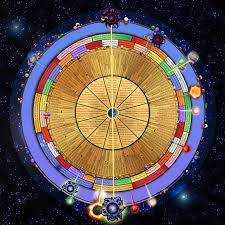
Planets revolve around the sun in fixed orbits. While their journey they keep crossing the earth and hence, influence individual lives on the earth. The closer they are to the earth, the stronger will be their effect(aspect). Sometimes, during this passage, a planet may take a different and unwanted turn or transit. The study of these transits is central to transit astrology. This is essential because transits can have enormous good or bad effects on the planet earth.
What is Transit Astrology?
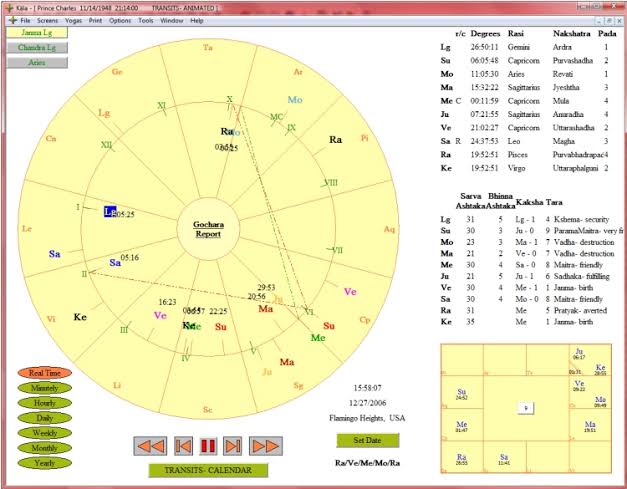
Transit astrology provides you with an array of circumstances that can take place in your life. In addition, these circumstances will give you opportunities to hone talents and potentials given in your birth chart. However, they might be favourable or unfavourable. Besides, all modern astrologers believe that astrology reveals a person’s strengths and weaknesses, talents, and opportunities. A birth chart shows you the maximum number of paths that lie ahead so that you can choose the best according to your interests and free will. Moreover, transit astrology provides you self-knowledge and awareness of the movement of the planets and their meaning. Thus, facilitating growth and development of your personality in a way that you can make the most practical and logical decision when the time arrives.
Defining Transits
A transit occurs when a planet stands at the exact degree, minute, and second of your birth planet. In fact, the reason for this is that planets are constantly circling around the sun in their fixed orbits. Hence, a point comes when they get into aspect with the planetary positions on your birth chart. This transit influence the entire period it is transiting your natal planets, signs and the house.
For example, if you were born as Capricorn with the influence of Venus. If any other planet, for instance, Mars, stands at the same point with the same degree of aspect that Venus was at your birth time, then Mars transits your birth planet. Since planets and signs are responsible for building your traits and personality, a shadowing planet has the power to bring a complete shift in your mood or behavior.
Effects of Transits
The “inner planets” (the moon, sun, Mercury, Venus, and Mars) move faster, hence transit effects by them are not significant. Meanwhile, slow-moving, “outer planets” like Jupiter, Saturn, Uranus, Neptune, or Pluto, stay in transit for a long duration. Therefore, transit effects these planets have great impact on the natal planet, sign, and the house it transits.
Effects On Inner Planets
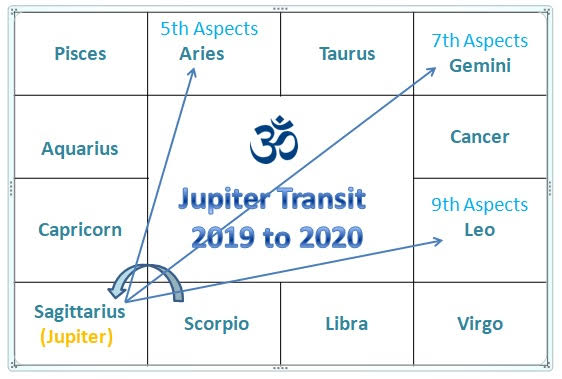
Sun – Duration: two days. Affects health, energy, and willpower.
Moon – Duration: a few hours. Affects moods and feelings.
Mercury – Duration: a day or two. Affects pattern and focus of thoughts. You can make short journeys or visits and finish backlog work. Besides, with Venus, it can make you confident and fearless.
Venus – Duration: two days. Brings enjoyment in your social life and feelings of love. Social behavior will be altered. Sometimes the influence is financial were you receive gifts or money.
Mars – Energizes the areas of life-related to the natal planet. You will be more energetic and will work harder than usual. But Mars can also promote tension and anger, so there is a need to watch the temper during a Mars transit, especially for transits with the moon.
Effects On Outer Planets
Jupiter – Duration: some months. expansion and exceptional opportunities for achieving success in business, receiving benefits, good favour.
Saturn – Brings ill-health, depleted energy, losses, depression, death, and misfortune. Yet it can be a good time for long-term planning, conserving energy, building up resources, study, serious contemplation of life and self.
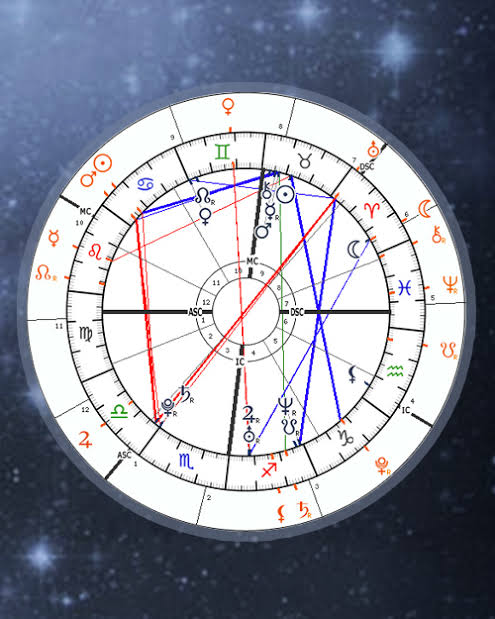
Uranus – It leads to certain unplanned, sudden upheavals and changes can be expected. It may bring inspiration, originality, creativeness.
Neptune – Peculiar, strange, confusing and chaotic happenings are likely. Creativity and inspiration can be observed. Neptune dissolves ideas and emotions in the house or planet which it aspects.
Pluto – Makes major transformation in the life-pattern.
Other Elements Of Transit Astrology
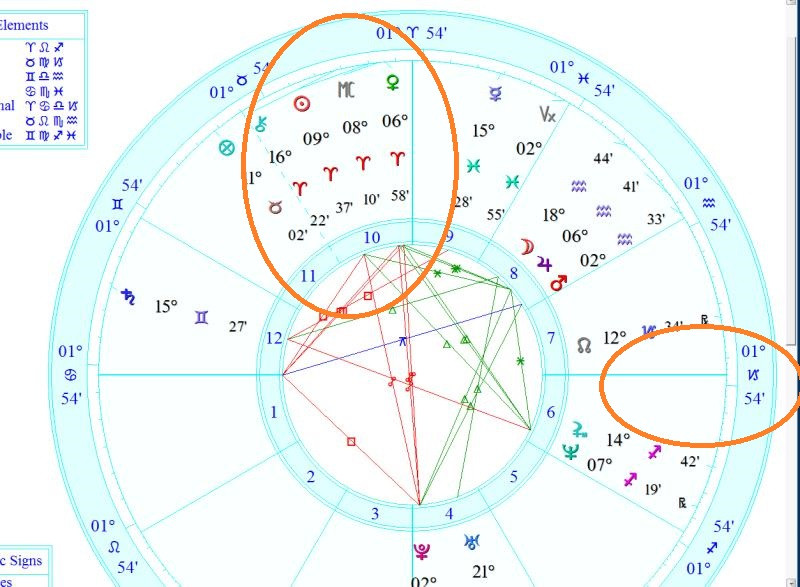
The other transit motions that Transit astrology studies are retrograde motion and planetary Returns. Retrograde is the backward motion of a planet. It occurs when the earth is traveling past a slower-moving outer planet, or when the Earth is itself passed by a faster-moving inner planet. The outer planets are retrograde for over 40% of the time. Most modern astrologers consider the retrograde movement of a planet to be malefic, the giver of stress or difficulty. In addition, planetary returns happen when a transiting planet returns to the precise position it was at the time of your birth. For example, Jupiter returns occur every twelve years or so, and indicate a new phase of growth and development in life. Saturn returns occur approximately every thirty years and bring new realities and responsibilities.













